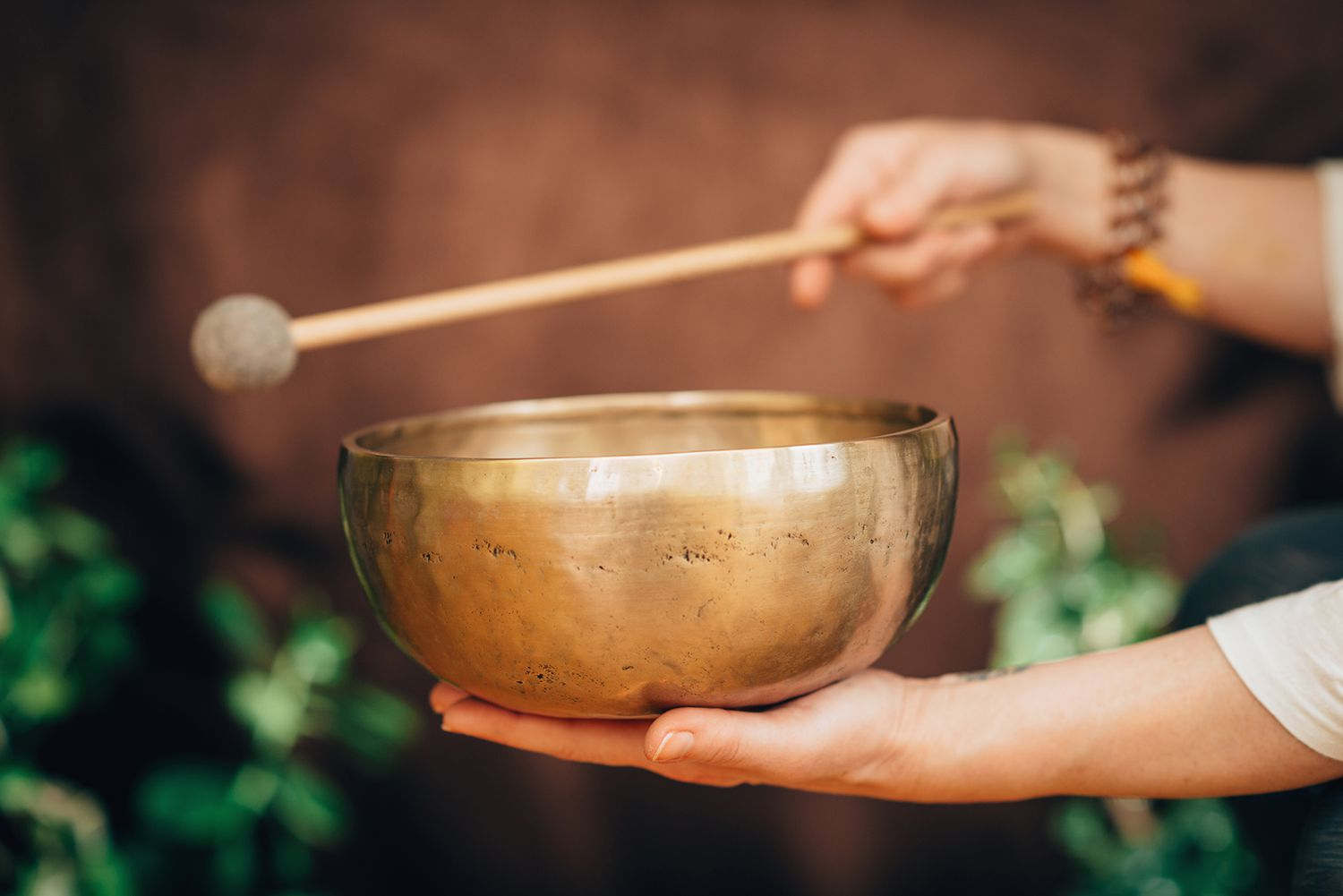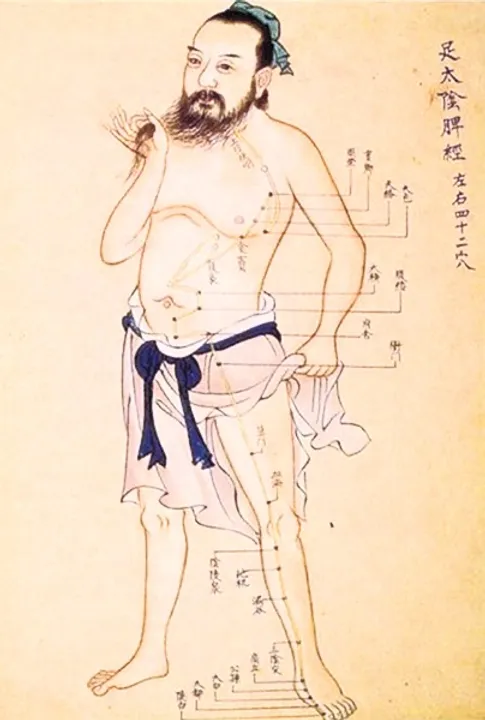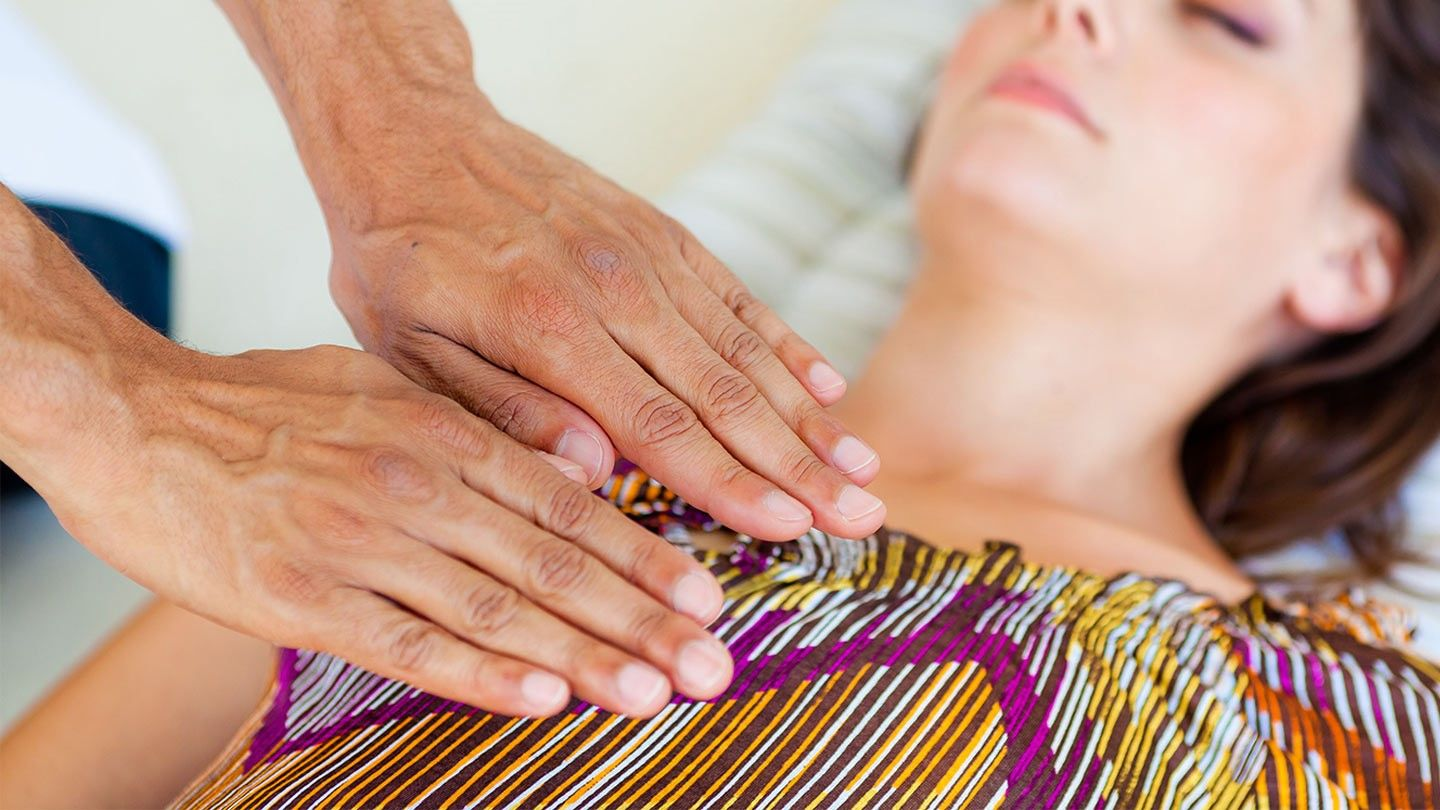Discover Your Perfect Healer Today!
Our online practitioner directory connects you with a wide range of healers to suit your unique needs.
Easily search and find the right professional to support your wellness journey.
Start exploring today to find your perfect match.
Modality
Disease
Books
Products
Events
Training
Blogs
Occupational Therapist
How to Choose a Qualified Holistic Occupational Therapist?
Occupational therapy practice is one of those instances where the choice of the practitioner may affect the outcome of healing. In today’s world with the ...
Read More → Written by
James Williams
Sound Healing
Exploring the Holistic Nature of Sound Healing: Can Frequencies Truly Heal?
Sound healing is a practice that dates back centuries, and it has roots in many different cultures. What happens in sound healing is that certain ...
Read More → Written by
Michael Johnson
Acupuncture
The Historical Roots of Acupuncture
Acupuncture is a procedure rooted in traditional Chinese medicine that is both interesting and useful. Since its inception as a traditional recovery art in China, ...
Read More → Written by
David Brown
Reiki Healers
Debunking Common Myths and Misunderstandings of Reiki Healing
Reiki healing, the energy therapy method has been gaining popularity in today’s world. But, as with many alternative therapies, there are negative features like stereotypes ...
Read More → Written by
John Smith
Herbal Medicine
Scientific Insights: What Modern Research Reveals About Herbal Medicine
Herbs have served a medicinal purpose for a great number of years. However some of their uses are now being validated with scientific studies. There ...
Read More → Written by
John Smith
Meditation
Global Insights: How Meditation is Practiced Around the World
Over the years, meditation has been successful in crossing over barriers and boundaries and has extended to consist of quite a number of practices and ...
Read More → Written by
John Smith






